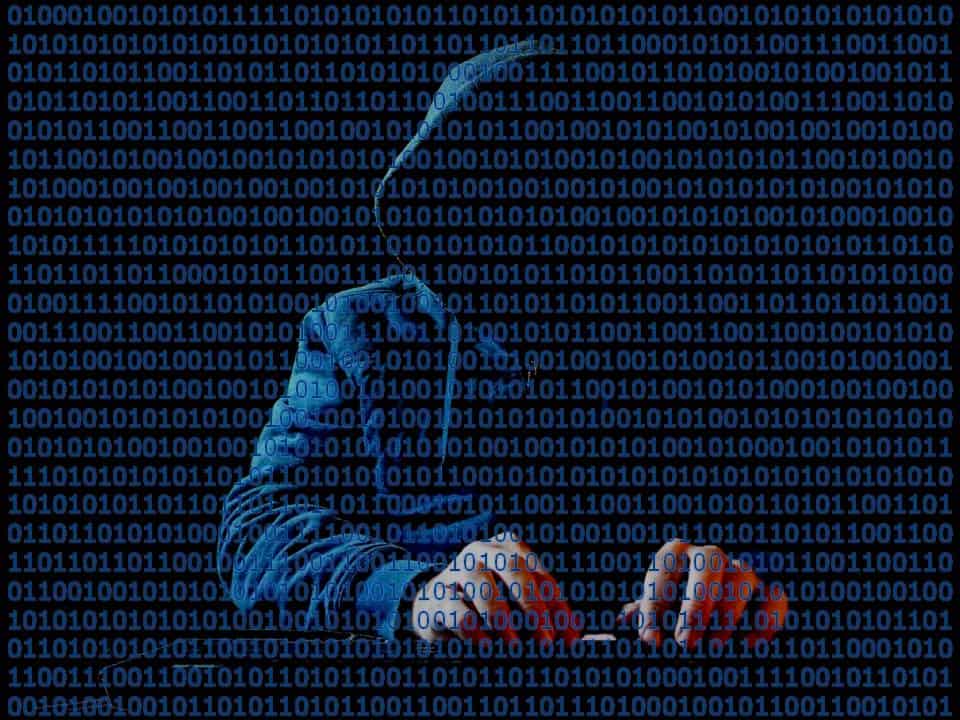Internet Privacy 101: Understanding Access
VPNs, Incognito Mode, HTTPS–The technical jargon surrounding internet privacy can be overwhelming to keep up with. That’s why LCI Fiber put together this simple guide to help navigate the basics of internet privacy.
Question 1: Who can see your internet activity?
- Your Internet Service Provider (ISP). In order to use the internet, all of your traffic must flow through your ISP. LCI Fiber is an ISP, and most people use their local cable or telephone company as their ISP. LCI Fiber does not monitor, sell or share its customer’s internet usage data.
- Other people/computers on the same wired or wireless network as you. This will include other people using your home/office wifi, but also other users on public networks (like coffee shop wifi).
- Websites or online services you send data to. If you go to facebook.com, facebook is going to be able to see that you’re doing so. Same for Amazon, they will be able to see your activity on Amazon.com.
Question 2: What about encryption (HTTPS), VPNs and/or Incognito/Private mode?
Fortunately, most websites now use encryption when you connect to them. That means any data you send to them, or they send to you, will be scrambled, like a coded message. The parties from Question 1 can therefore only see that you visited a website, not any data sent or received on that website.
A Virtual Private Network (VPN) is a type of connection that uses an app on your computer/device to simulate a direct connection to the provider’s network. When using a VPN, all traffic will be hidden from groups A and B in question 1. In this scenario, the VPN essentially assumes those roles, meaning it’s important to trust your VPN, since they can see as much as anyone.
You may also have seen Incognito or Private Browsing modes in your web browser. These modes store no record on your computer of visited websites. Unfortunately, these modes don’t hide traffic from your ISP or other devices on the network.
Question 3: What can each party see?
For the majority of websites which now use HTTPS, groups A and B from question 1 will only be able to see what websites/apps you use, and when you use them. Usernames, passwords, specific content viewed, etc will not be visible. Groups A and B will be able to see the following:
- What websites you went to
- When you went to a given webste
- How long you stayed on a given website
For websites which do not use HTTPS, all groups would be able to see all data sent to and received from those unencrypted websites. This is why it’s recommended to not enter private information on any website not using HTTPS encryption.
Internet Privacy Tips
- Avoid using public wifi networks if possible.
- If you have to use public wifi, connecting through a VPN is a good idea.
- Check for the green lock in address bar to verify websites are encrypted.
- Verify that the website address looks correct.

On top of understanding access, it’s important to understand where actual threats come from. Rather than the nefarious hooded hacker, most initial threats come from another device that has already been compromised. That means your cousin’s laptop still running Windows XP is a bigger threat than the techie typing furiously at the coffee shop.